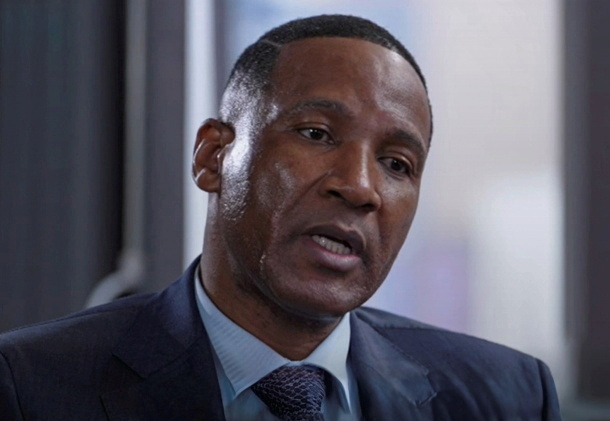Botswana "Close to Negotiating Zero US Tariff on Diamonds"
October 06, 25
(IDEX Online) - Botswana's president Duma Boko says he's close to negotiating an end to the 15 per cent tariff imposed on his country's polished diamond exports to the US.
He also says Botswana must diversify beyond diamonds to exploit its copper, nickel, and cobalt resources - and must ensure the value they generate remains in the country.
He told the BBC that talks aimed at achieving a zero tariff on diamonds mined, cut and polished in Botswana and exported directly to the US were at "an advanced stage". He said: "We are on the verge of reaching an agreement."
The US has already reduced tariffs on Botswana's goods from the 37 per cent figure introduced on 1 August (10 per cent baseline tariff plus 27 per cent reciprocal).
Botswana is the world's biggest diamond producer by value, but the vast majority of its output is exported to India (with 50 per cent tariffs), Belgium (zero tariff for diamonds), and the UAE (10 per cent tariff). Only around 10 per cent of Botswana's diamonds will benefit from a scrapping of the tariff.
Boko also spoke about the need to diversify and retain wealth within Botswana.
"We've been overly dependent on diamonds. We've taken a very heavy knock on that front," he said.
"We are also looking to diversify within the mining sector, looking at critical minerals which we have plenty of, we have copper, nickel, we have cobalt,
and we will be looking to leverage on our endowment in these regards to now begin industrialization.
"A lot of the wealth of the continent ends up in other jurisdictions.
"The biggest downside has been to allow the product, the minerals, mined on the African soil to be carted away in the raw.
"The approach now for Botswana and for the rest of the African continent has to be that of these minerals must take place in country, must take place within the continent, so that value is extracted, so that each country and Africa as a whole becomes a hub for value addition."
Botswana's diamond sale were halved in 2024, reflecting a global slump in demand.
Pic shows President Duma Boko, interviewed by the BBC.